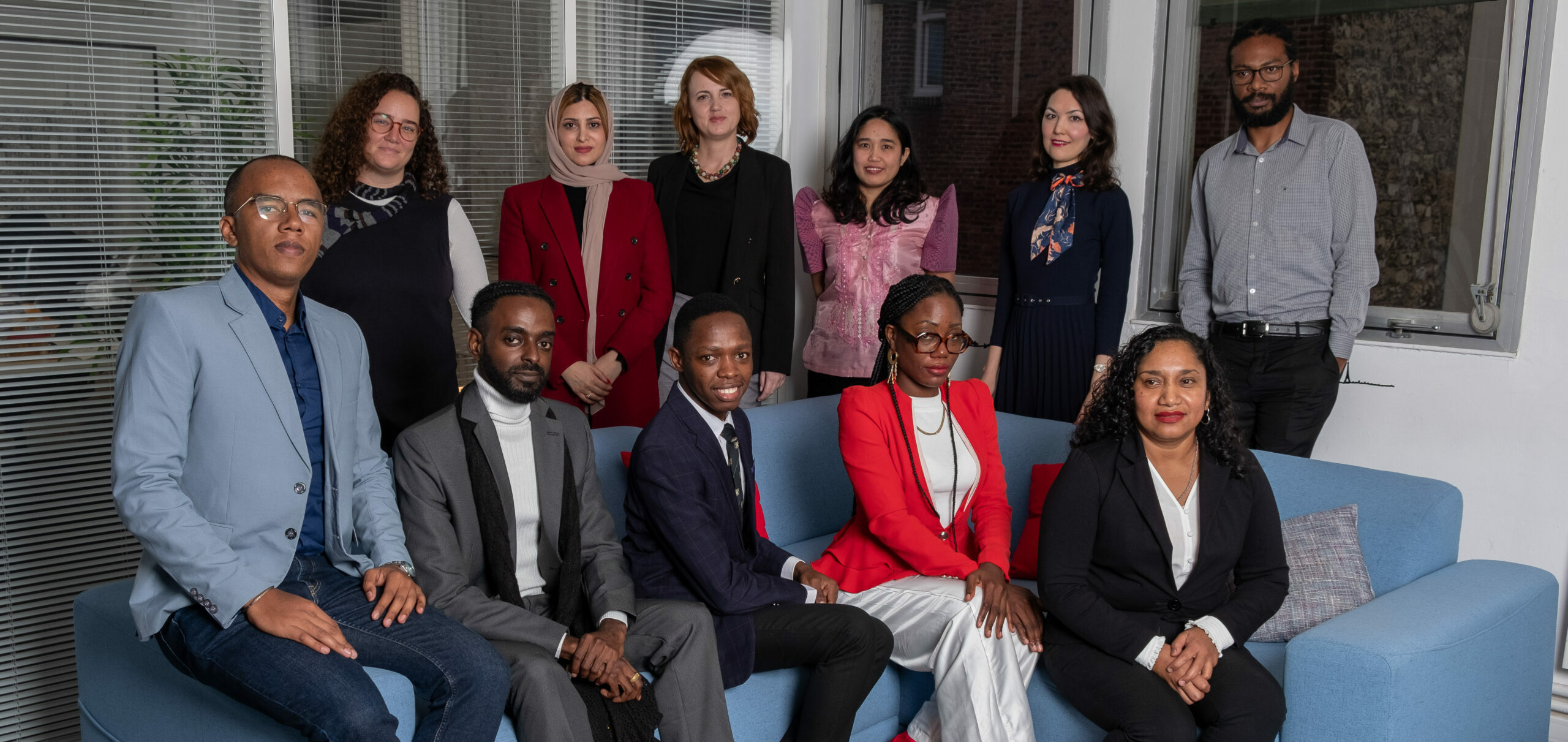
Description
Brandon Rabanit is a legal consultant and doctoral student in domestic and international public law, and a visiting lecturer at the Faculty of Law and Political Science at the University of Anatanarivo, Madagascar. He campaigns to strengthen the rule of law and access to justice for every citizen. In 2017, he was one of the founding members of the Mouvement pour l'Intégrité des Elections et des Leaders (MIEL), whose aim is to advocate for an electoral process with integrity and transparency in order to guarantee access to power for leaders concerned with human rights issues. Since 2018, he has been a member of the NGO Ivorary, a legal organization campaigning on various aspects of human rights.
Interview with Brandon RABANIT - May 29, 2024
Could you please introduce yourself?
I'm Brandon Rabanit, doctoral student in legal sciences and lecturer at the Faculty of Law and Political Science at the University of Antanarivo in Madagascar. At the same time, I am a legal consultant and member of two civil society organizations in Madagascar, where my role is to document and research human rights issues in my country.
I have been a member of the NGO Ivorary since the end of 2018. This organization aims to promote integrity and transparency in the management of Malagasy public affairs and administrations. It is very active in promoting civil and political rights (e.g. elections, access to information and justice, freedom of expression, etc.).
I am also actively involved in the Mouvement pour l'Ethique et la Déontologie de Madagascar (MEDEM) association, created in 2008. Its aim is to promote the ethical practice of public services, in particular the justice system, its main area of activity.
Can you describe your involvement as Rights Defender?
I'm involved on two levels. The first is the promotion of so-called "first generation" civil and political rights (e.g. equal access to public services, the right to security, the right to dignity). As a teacher, I instill in students my sense of commitment and the importance of asserting one's rights, despite precarious working conditions. The second is my work as a legal consultant. Through my research and publication of findings, I aim to add value to human rights by strengthening documentation on the reality of respect for rights in Madagascar.
My associative activities with the NGOs Ivorary and MEDEM enable me to take part in advocacy for the implementation of human rights projects.
Why did you decide to get involved in human rights?
There are two main reasons for my involvement. The first is my passion and interest in human rights since childhood. It was this passion that prompted me to study law and become professionally involved. The second is my duty of solidarity towards my fellow citizens. Respect for human rights in Madagascar is far from effective, due to various factors (economic and financial insecurity, abuse of power, political instability, etc.). The successive crises affecting my country help to perpetuate this situation of ineffectiveness. It was therefore my duty to get involved and act as a citizen.
As Einstein said: "Those who have the privilege of knowing have the duty to act." The major problem in Madagascar is the lack of documentation and studies on the human rights situation, making it impossible to judge the extent of existing violations, and I'm working to resolve this.
What do you expect from the Marianne Initiative as you consolidate your project?
My expectations in joining the Marianne Initiative program were first and foremost to have a platform to alert the international community to the human rights situation in my country. Also, on a personal level, I wanted to expand my network in order to create partnerships to carry out my projects. The aim of my participation was also to strengthen my skills and acquire new knowledge by sharing six months with my fellow laureates, but also by meeting institutions, civil society organizations and so on.
What activities have been most useful to you since the start of the program?
As far as the training courses are concerned, I really appreciated Sciences Po's course in Negotiation and Leadership, which was very concrete and practical. The program also gave us the opportunity to meet and talk with high-level people, and to make representations to various international (e.g. United Nations) and European (e.g. during trips to Geneva and Strasbourg) organizations, which I found very relevant in terms of attracting the attention of the international community. Thanks to these meetings and institutional visits, I was able to internationalize my commitment.
What do you plan to do after the program ends?
At the end of the program, I plan to concentrate more on my studies, while continuing my activities as a rights defender by researching and publishing scientific articles on human rights in Madagascar. In particular, I'd like to do a Master's degree in France in human rights or freedom law, to further specialize in these issues.
What's more, I've taken steps to set up an association in France with fellow citizens who are also committed to respecting civil and political rights.
Would you like to add anything?
I'd like to end with a quote I particularly appreciate: "We earn our living with what we receive, but we give it meaning with what we offer."
Do you have a question? Please contact us!
Contact
